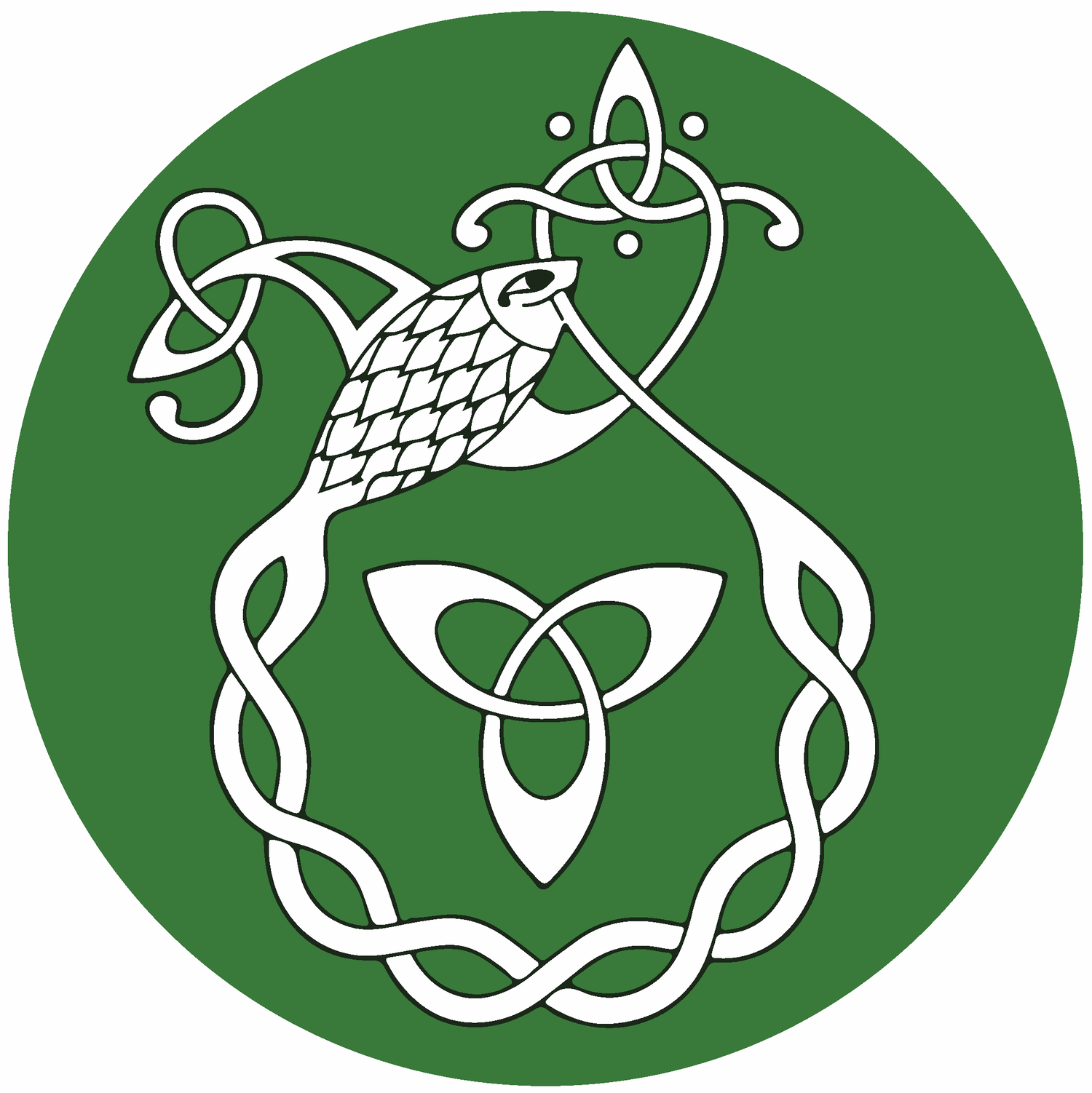Revival of Irish Literature (1858)
Tomás Ua Baíghell, composed in South Gloucester, Ontario
Part of a series of articles composed by Ua Baíghell, published in various American newspapers. This piece concerns Ua Baíghell’s personal and very unusual spelling system, based on Old and Middle Irish texts. At this time, with the last Irish spelling ‘standard’ having been Seathrú Céitinn’s Forus Feasa in 1634, many suggestions for spelling systems and reforms were being suggested. Ua Baíghell’s system remains a unique, Canadian contribution to this discussion.
“The various and pressing labors of my mission have this long time prevented me from sending you any contribution concerning our native language &c. -
Your very flattering notice of the few lines I have sent you encourages me to send you more. The orthography seems to be a sort of stumbling-block generally; but a long and serious study of the question, and the venerable authority of some of the oldest manuscripts in Europe, those in our own language, preserved at Milan, St. Gall, Wurzburg and several other places in Germany, as quoted by Herr Zeuss, in his “Grammatica Celtica,” fully convince me that to depart from their pure and simple track and follow the modern corruptions, introduced by the heterogeneous influences of the English jargon, would be a barbarous violation of the genius and integrity of our noble tongue, and an argument of a perverted judgement. It should be borne in mind that the ancient orthography does not alter or affect in the least the present pronunciation: on the contrary, it fully harmonizes with the purest and most genuine pronunciation of the present time…
It is clear that in order to revive the language, the best plan would be to publish original documents both in prose and poetry, with literal translations, and analysis and explanations of difficult idioms and words. An elementary series based on the system of the Irish National Schools, if prepared with tact and care, would be a great means of giving an impulse to the study of the language. Without an establishment, however, where the knowledge and zeal of learned Irishmen can be enlisted, and stimulated by the hope of adequate recompense and honor, I fear the great national enterprise will languish.
There have been many instances of individuals founding and endowing institutions for the cultivation of particular branches in literature and science: will there be no wealthy Irishman, or society of Irishmen, found on this American continent to form an establishment for the effectual and thorough cultivation of our glorious and renowned old tongue?
I am a very poor man; still I will pay $8 a year while I live to such an institution founded in any part of America. Will the Irishmen of America not [act] on the suggestion, and furnish means to bring together three or four of the ablest Irish scholars that can be found to form the nucleus of a thorough Irish institution?
I send you a few more Irish airs. I notice with satisfaction the number of typographical errors in your “Gaelic Department” are diminishing.
Wishing the Irish American every success,
I remain, dear sir, very truly yours,
Thomas O’Boyle”
For citation, please use: Ua Baíghell, Tomás. 1858. “Revival of Irish Literature.” Ó Dubhghaill, Dónall. 2024. Na Gaeil san Áit Ró-Fhuar. Gaeltacht an Oileáin Úir: www.gaeilge.ca
Adapted from: O’Boyle, Thomas. 1858. “Revival of Irish Literature” The Irish-American. 12 June. Lynch, Cole & Co: New York.
